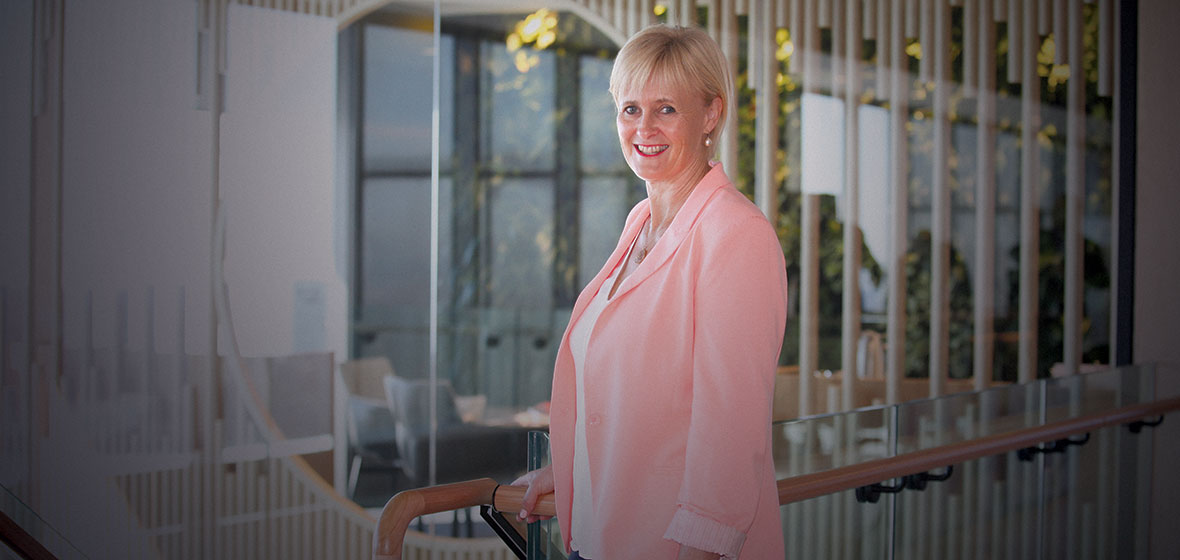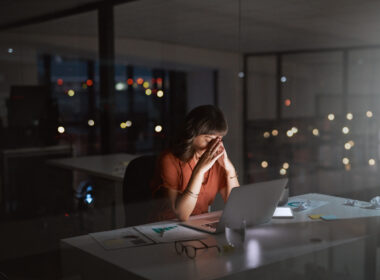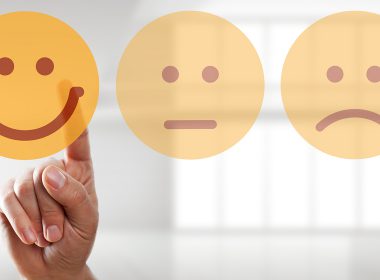When Vicki Irvine started working in King & Wood Mallesons’ wellbeing team a decade ago, the job involved organising flu shots and the occasional seminar about nutrition and fitness. Now, almost all her focus is on mental health. One key element has been engaging an external psychological rehabilitation provider to help staff deal with depression, anxiety and stress while continuing work. “If you broke your back, you wouldn’t go to the hairdresser to get advice, so if you have a mental health issue, go to an expert for help,” Irvine explains. Another has been training wellbeing officers within the firm, whose job it is to recognise when someone isn’t travelling so well, have a conversation and guide them towards help. One thing Irvine is convinced of is that, apart from being the morally right thing to do, looking after the mental health of staff saves money. A 2012 study by Safe Work Australia reported that for every $1 a workplace spends on the successful implementation of mental health initiatives, there is a $2.30 return on investment. With R U OK? Day coming up on 8 September, Irvine talks work with JANE SOUTHWARD.
“I grew up in New Zealand on a farm, travelled a lot, met a South African in Turkey, lived in England, and then moved to Australia 20 years ago. Part of my job at King & Wood Mallesons is helping lawyers recruited domestically and from overseas to move and get settled.
When I was first working with lawyers, I found they were demanding, very driven perfectionists who expected the best of the best. My message to any provider we work with is, ‘This is not your typical workforce. these are lawyers who are at the top of their game and they expect the best service of all because it is a reflection of our firm’.
Ten years ago, I put my hand up to take on wellbeing. The first thing I did was organise expos where we had massage therapists, iridologists, reflexologists, nutritionists and testing for blood glucose, bone density and biological age to encourage people to look after their health.
So many men don’t go to the doctor so they don’t know their blood pressure, for example, whereas women go to the doctor more regularly. The response was huge. The first things to book out were the iridology and reflexology appointments. The feedback was that this really showed the firm cared about our people’s wellbeing, so it was a huge success.




